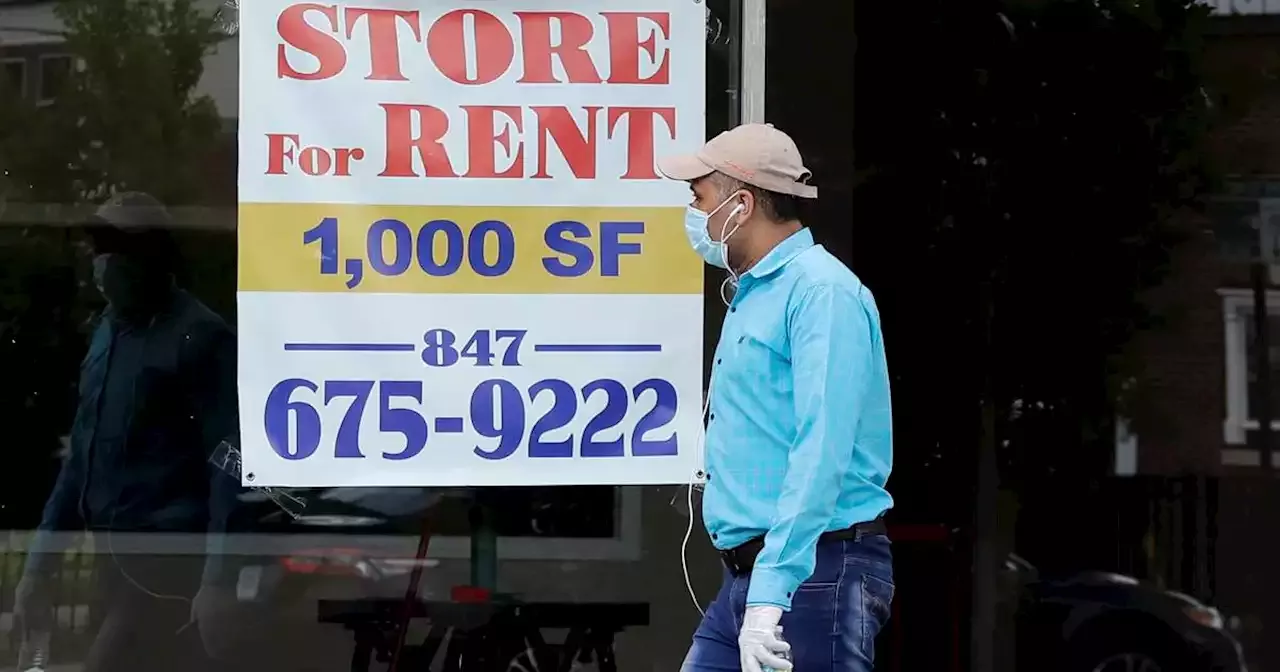The U.S. failed to take basic steps at the start of the coronavirus pandemic to prevent fraud in a federal aid program intended to help small businesses, the chairman of a House panel examining the payouts said.
The U.S. failed to take basic steps at the start of the coronavirus pandemic to prevent fraud in a federal aid program intended to help small businesses, depleting the funds and making people more vulnerable to identity theft, the chairman of a House panel examining the payouts said Tuesday.
Rep. Steve Scalise, the No. 2 House Republican, said the Trump administration and Congress worked together at the beginning of the pandemic, when uncertainty was rampant and much of the economy was locked down, to deliver “much needed relief as fast as we could to help save as many jobs as we could” and prevent the economy from crashing.
Clyburn, of South Carolina, said the subcommittee will determine what more must be done to bring perpetrators of fraud to justice and how to protect future emergency programs. The SBA’s inspector general, Hannibal “Mike” Ware, said initially there was a huge struggle at the agency about the “need for speed versus the need for controls.” He said he was “screaming” about the need for fraud controls. He said the most concerning thing was self-certification, which meant applicants could say they had a business or a certain number of employees and get money.
The Secret Service said in December that nearly $100 billion has been stolen from COVID-19 relief programs, basing that estimate on its cases and data from the Labor Department and the Small Business Administration. The White House downplayed the estimate, saying it was based on old reports.
